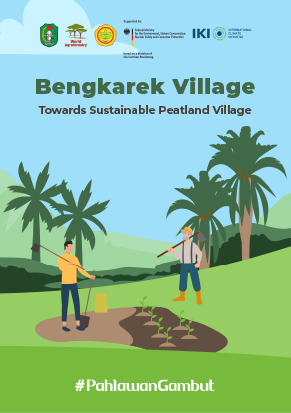An institutional consortium has been formed in the Amazon to implement collaborative programs to reverse resource degradation through sustainable land use systems. The Amazon Initiative (AI) Consortium for Conservation and Sustainable Use of Natural Resources was created in mid-2003 and formalized in 2004 by the National Agricultural Research Institutions of Bolivia, Brazil, Colombia, Ecuador, Peru and Venezuela, together with four centers of the Consultative Group on International Agricultural Research: CIAT, CIFOR, ICRAF, and IPGRI. Associate institutions include regional research centers and universities. Consortium partners are creating an inter-institutional and interdisciplinary team, which will function as a "distributed network" of scientists, working at different sites in the Amazon. Under this arrangement, the Amazon Initiative will create conditions for institutional articulation and strengthen analytical skills to identify priorities for research and development intervention. In addition, the AI will develop methodological tools and information communication mechanisms to enhance the role of local agents for the sustainable development of their regions. In doing so, the AI will contribute to enhancing living conditions of traditional populations and smallholders in the region, while effectively contributing to integrated natural resource management and conservation efforts in sites highly exposed to development pressures in six Amazonian countries. Key words: interdisciplinary research, land degradation, international scientific collaboration, public policy, intervention strategy
DOI:
https://doi.org/10.1080/14728028.2006.9752548
Puntuación Altmetric:
Dimensiones Recuento de citas:



















